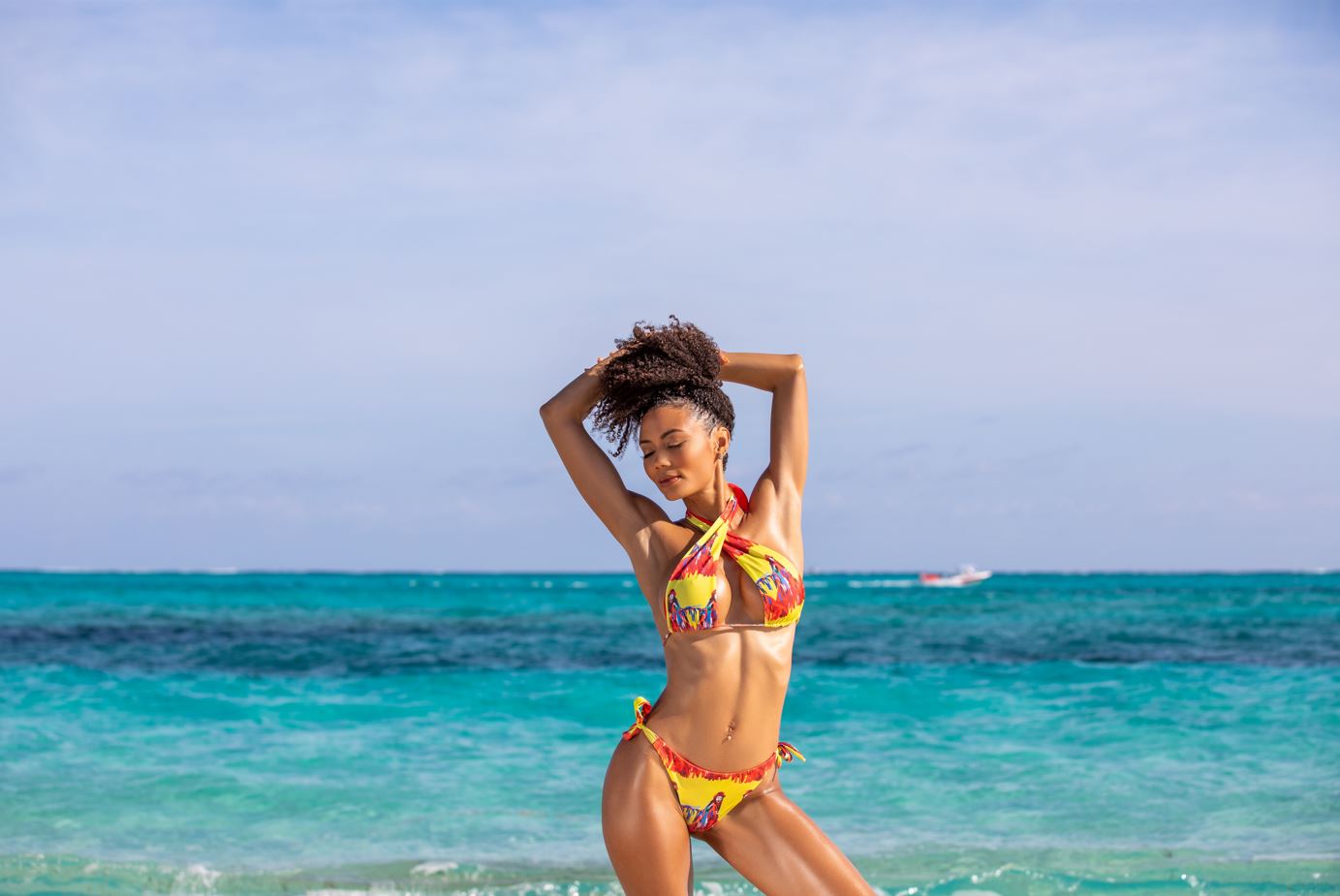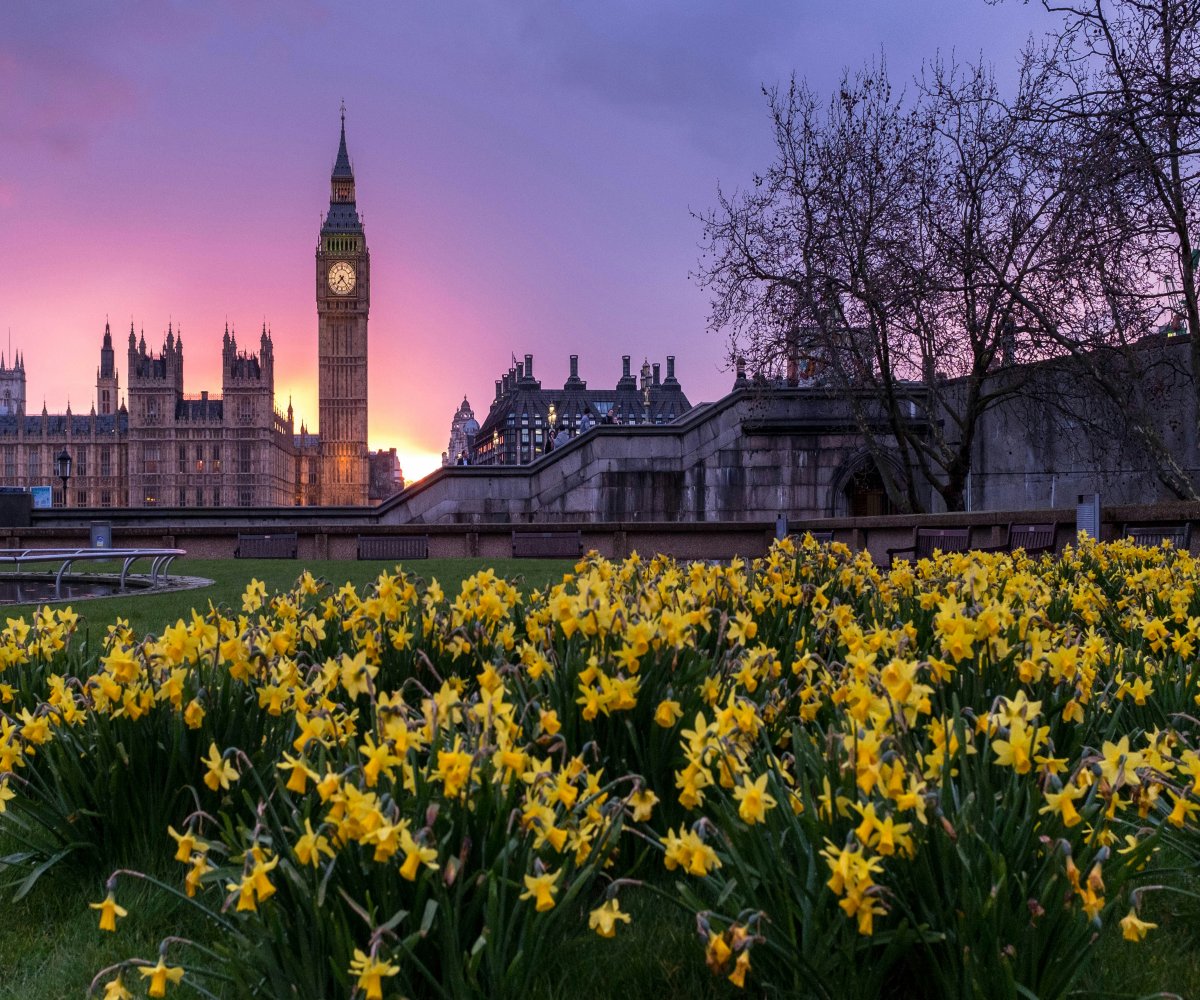bēchë (pronounced beachy) is a Turks and Caicos Black-owned swimwear brand that needs to be on your radar this Summer. bēchë was founded by Cyprianna Green who was born in the Turks and Caicos’ capital, Grand Turk, and was raised between there and the island of Providenciales.
Undoubtedly Turks and Caicos is known for its beautiful beaches so it’s no surprise that Cyprianna grew a deep love for the beach. In 2016, she saw an opportunity to combine her passion for her country and her love of fashion, cue bēchë. Thus far, bēchë has released three swimwear collections since then, with more on the horizon.
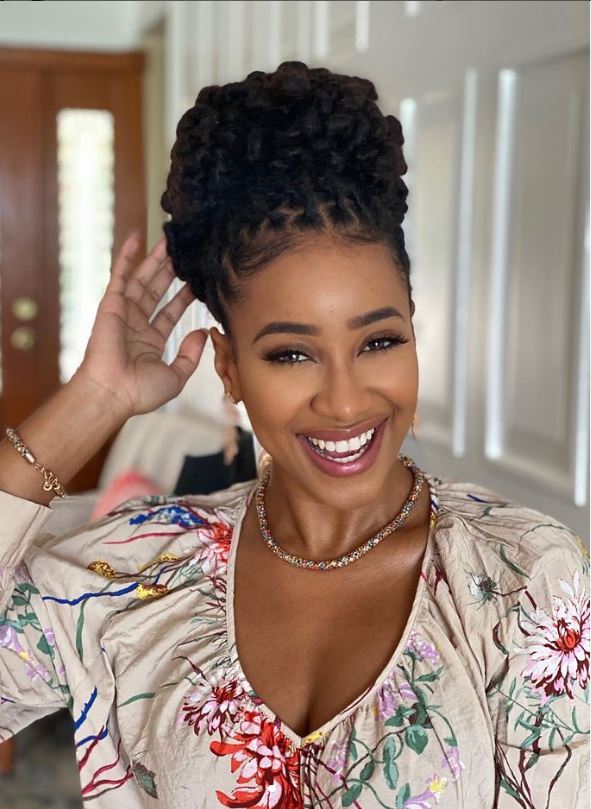
Cyprianna intentionally includes the TCI in every collection; the stories behind the collections are relative to the country’s rich culture. For this reason, the brand is appropriately referred to as a ‘physical love letter to the island’.
What impresses us most of all, is the pride for Caribbean history and the intentional way that this brand champions local artists. In this Travel Noire interview, we will get to the heart of what inspires Cyprianna while she puts her home on the map as a Turks And Caicos Black-owned swimwear brand.
How has bēchë changed or shaped your relationship with TCI?
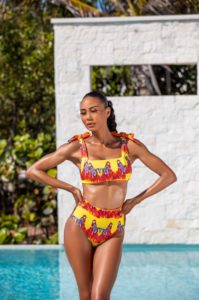
bēchë has definitely strengthened my patriotism to my home country. To adequately translate our culture, I had to school myself so I could gain a deeper knowledge. In my quest towards that, I fell in love with TCI and that made me grow a more intimate connection to who we are as a people and where we’ve come from.
We love the idea of bēchë being a 'physical love letter to the TCI', could you tell us more about that idea?
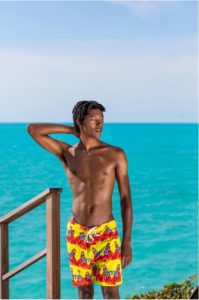
A physical love letter to the TCI’ aptly describes what I am doing because through every collection, I try to tell a story of who we are as a people, what is important to our country and what the TCI actually is; far beyond the “sun, sand and sea” description given to us by the masses. I feel like the more that we tell our story and demonstrate what our cultural DNA is, the more unique our country will be in comparison to others.
bēchë is definitely a love letter on who we are, where we’ve come from and where we can go as a people. The brand pays homage to our ancestors, and all we stand for, in terms of our unique music and food. bēchë is also a physical love letter to the TCI because it gives an opportunity for our talent to be demonstrated. The brand works with not just myself as a Turks and Caicos Islander, but also other locals through marketing, design, photography, videography, and artists who create the prints.
Are there many Black-owned brands that receive attention in TCI?

There are some, but with TCI being a black country, ironically, there aren’t enough. We have so much talent in here, but perhaps we feel like we have a ceiling because we haven’t witnessed many examples of people breaking that ceiling and showing us what the possibilities are.
I hope bēchë does that, even if it’s just to demonstrate what a small island girl can do with creating a hopefully internationally large brand. There are other brands here I admire, particularly in the handmade jewellery industry, but there ought to be more. Hopefully bēchë encourages our local people to rise up and showcase our talents to the world.
What is your favourite thing about your island?
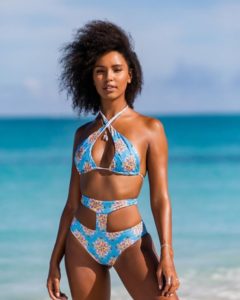
Of course, TCI is such a gem of the Caribbean and sought after because of our aesthetically pleasing nature, but my favourite thing about TCI is that we are somewhat a “best kept secret”. We’re a gift that keeps on giving and I don’t think the world has even gotten a chip off the iceberg of what the TCI really is. It’s exciting to see that unfold over the years and hopefully continue to unfold.
So, my favourite thing is that we’re so multi-faceted, colourful and so multi-dimensional. Another thing that stands out is the fact that we’re tiny but mighty. We’ve overcome so much as a country and the close-knit community we have. Our last census placed us at roughly 40,000 people so we’re like a big family. That intimacy and dynamic energy provides a unique environment of care for and connection to one another that I feel other countries have lost.
